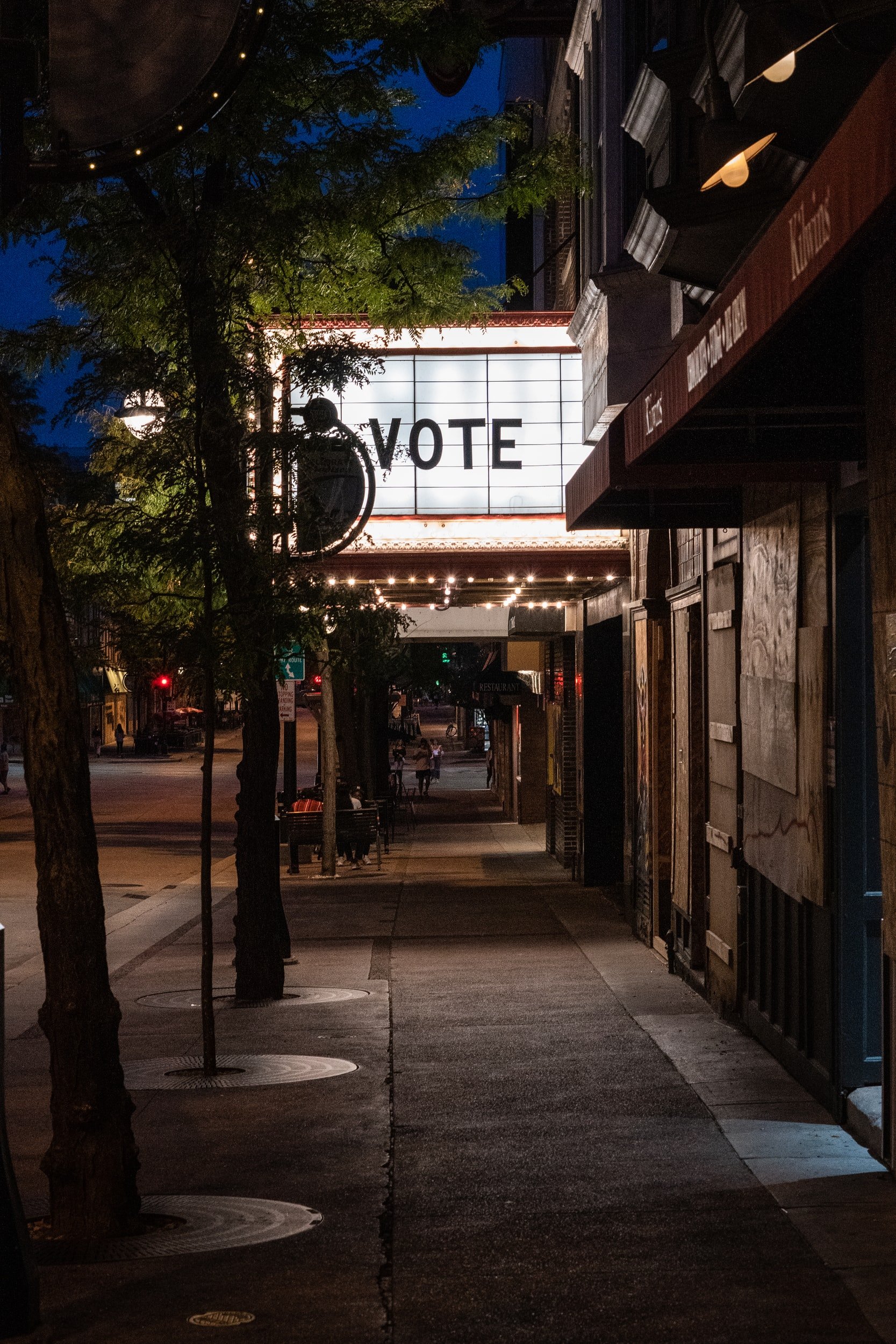You’ve seen the infographics, whether on Instagram, TikTok, or YouTube. Maybe you have marched in protests. You might have even voted in November 2020. Or maybe you haven’t been civically engaged, whether because you are dealing with your own imminent problems, not sure where to get trusted information, or frankly, you didn’t really care before something — or someone — changed your mind.
Whatever the case is, now you want to do something for your community and make the world around you a better place. Whether you are trying to do good for those around you actively, passively, or just trying to figure out how to get started, there is a way to be of public service easily:be an active constituent of your community. Be aware of local issues. Know who your elected officials are. And most importantly, whatever the election, make sure to vote in it.
Know the System
Everyday issues are often solved not by your state senator, but by your local elected bodies.They determinewhat kids learn in school.They determine more affordable housing in your community. Yet, only30% of Americansknow what body is responsible for their zoning rules and laws. You may have heard the phrase, “the only two things in life that are guaranteed are death and taxes.” But did you know that local governments collect over1.7 TRILLION dollars in taxes and spend 1.9 trillion?
We’re not alone in the struggle of keeping up with local politics —even those who cover politics don’t tend to be up to date on local issues.However, without local voices speaking up, policies ultimately favorhomeowners, the wealthy, and the elderlybecause they are over-represented in voting and are more likely to be on top of local issues.
To better our communities, we need to first know what problems exist and the mechanisms used to solve them. Establishing ways to source knowledge within our local communities is a good start, especially given the links betweenstrong local media and accountability. Currently,only 1% of the US population regularly visits news sites dedicated to local issues.
Know the Issues
Staying informed about problems your community faces – and speaking out about them – is not age restricted. Sure, you might not be able to vote until you are 18, but being an active participant and constituent does not have an age minimum. If you can be a trusted voice for your peers, you can organize, protest, circulate petitions, and write on your public accounts, for your school newspaper, or even for publications like GEN-ZiNE. You can help educate your family, friends, and their family and friends about local issues. Studies suggest thatpolitically active kids make their parents more likely to vote, even kids as young as elementary school. The more aware people are about the pressing needs of their communities, especially if they’re underserved, the better we can advocate for their addressal.
Know the Officials
If you want to further your position as an active constituent, you also need to know who your local elected officials are. For example, in the US, there are90,000 local governments, which comprise 99.9% of all elected officials.Out of the over 500,000 local electeds we have, only 537 serve at the federal level.While being attentive to the news might make a previous non-voter more likely to vote,they might not know who they are voting for, as80% of Americans can’t name their local state legislator. Even more, a thirdof all Americans don’t know who else they vote for in their state electionsbesides governor, the lieutenant governor, and the legislator.
If we want to change our justice system, protect LGBTQ+ kids, ensure all people are provided housing, and incentivize equitable policies, we need to know which of our elected officials support our beliefs. And if they don’t, we need to know which of their opponents most closely aligns with our beliefs. Blindly voting for whoever is on the ballot is how we end up with politicians who are more content with maintaining their title than representing the interests of their constituents. It is how we have races over before they start, with42% of officials running unopposed. If we know who our electeds are and what they stand for, not only will we be better voters, but we will also shape the next generation of civic leaders that push our officials to represent the will of the people they serve.
Our voices are not heard at the level that holds the most power. As Gen Z continues to grow older and more of us become eligible to vote, we can be a force to be reckoned with in shaping our world. We have the power. We have the opportunity. But we need to be active constituents in order to wield it.
Know the system. Know the issues. Know the officials. Know to vote.
The ideas and opinions in this article are reflective solely of the author and do not necessarily reflect the views and policies of any former employer, agency, or government official.

